Brainspotting
Brainspotting (BSP) is a special type of psychotherapy that differs from traditional “talk therapy” approaches, because it focuses on bypassing the “thinking” part of the brain to gain access to deeper, emotional and body-based parts of the brain. It does this by using “brainspots” to help clients process unresolved trauma and challenging life events that often lies beneath the anxiety, depression, fear, sadness, disconnection, and stress they are experiencing in their lives. BSP can also help clients with performance, self-confidence, and creativity. Brainspotting believes that “where you look affects the way you feel.” During the session, the therapist helps clients focus their eyes on one or more spots to neurologically locate, focus, process, and release painful and distressing experiences and symptoms that have been stored in their brain and nervous system as fragmented information. This information, which is usually the result of a client’s nervous system becoming dysregulated (Fight, Flight, Freeze, Fawn) as the body’s way of protecting itself during a traumatic or adverse life experience, is stored to prevent future harm. However, because the information is fragmented, it can trap clients in their past experiences—even if they happened a long time ago or prior to conscious memory—and can impact them in a multitude of ways (mood, psychological and physical symptoms, relationships, daily functioning, etc.). Brainspotting helps clients re-process and re-store this information in more helpful ways.

